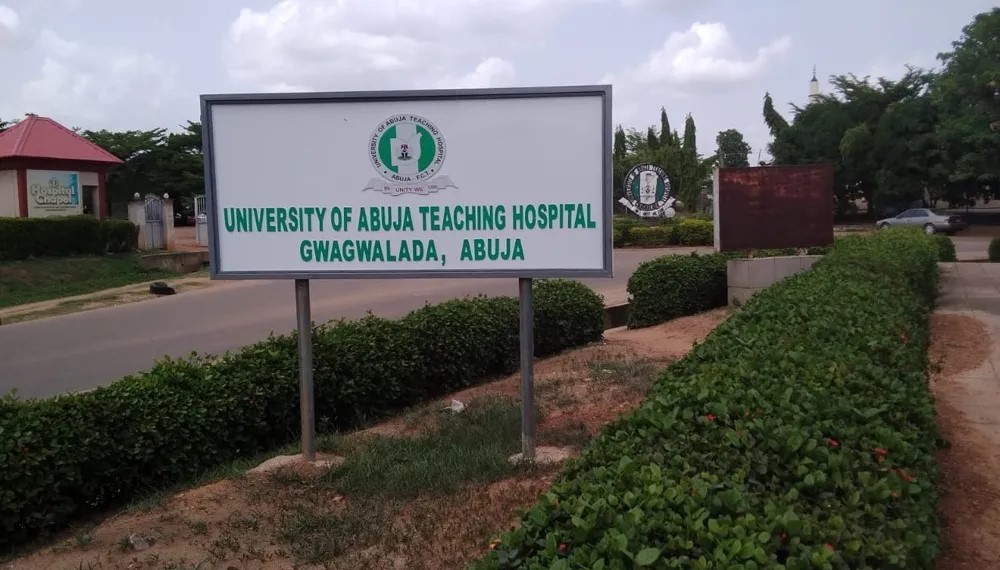
Nigeria’s downstream oil & gas industry—spanning storage, haulage, fuel marketing and forecourt retail—runs on people. Tank farms, depots and retail networks are capital-intensive, but the real differentiator is how firms recruit, develop, protect and retain technicians, drivers, depot hands and frontline managers. A review of academic studies, public employee feedback and sector commentary shows a clear pattern: safety is entrenched; governance and capability systems often decide whether talent stays.
The context that shapes HR
Margin volatility, regulatory pressure and physical risk make this a high-stakes labour market. Organisations that hard-wire governance into everyday people processes, invest in structured skill pathways and treat internal mobility as a promise (not a slogan) retain scarce skills and protect continuity. Those that don’t see rising churn, inconsistent execution and reputational drag.¹ ²
Four themes emerge from the comparative data
1) Governance → HR outcomes
A sector-focused empirical study of Nigerian downstream firms found a significant positive relationship between corporate governance and HR outcomes: clearer codes, transparent oversight and documented procedures correlated with stronger recruitment quality, better discipline and higher retention.¹ Broader oil & gas evidence reinforces the point: performance appraisals that actually run, fair compensation frameworks, and traceable promotion decisions predict better organisational performance.²
So what? Make governance visible inside HR: publish the appraisal calendar, minute promotion panels, log grievances to closure. Where governance is weak, HR becomes reactive and politicised.
2) Capability building beyond safety
The Petroleum Training Institute (PTI) has supplied the sector’s technical backbone since 1973, with ND/HND programmes and short courses in petroleum processing, industrial safety and lab quality.³ ⁴ Many marketers value PTI credentials at entry—but fewer map them to transparent, incentivised internal steps (e.g., Technician → Senior Tech → Shift Supervisor with competency thresholds). Public commentary and reviews frequently praise safety drills and PPE discipline, yet point to thinner pathways after the initial HSE training.
So what? Tie qualifications to grade, pay and role scope. If PTI or equivalent certification raises capability, it should also raise the ceiling employees can see.
3) Employment models, industrial relations and voice
Downstream operators rely on a mix of permanent, outsourced and contract roles—especially in haulage and forecourt operations. Nigeria’s sector unions (NUPENG for junior/operatives and PENGASSAN for senior staff) remain central to bargaining and dispute resolution in the value chain.⁵ ⁶ Global labour commentary warns that heavy use of contingent labour without pathways to permanence suppresses voice and increases churn.⁷
So what? Define time-bound conversion pathways for high-risk/high-scarcity roles, and co-design escalation and conversion criteria with unions. Predictable pathways are cheaper than perpetual rehiring.
4) Employee experience: what the reviews say
Public review platforms are imperfect—but they are directional. Scans across downstream marketers show recurring themes: long hours in peak distribution, uneven training beyond HSE, and opaque promotion routes. For example, employee feedback at some listed marketers reports sub-par work–life balance, modest culture scores and mixed views on career growth; others score higher on recommend rates but still flag unclear development beyond early roles.⁸ ⁹ ¹⁰ ¹¹
So what? Treat fairness and visibility as design problems: publish internal mobility rates, average time-to-promotion by grade, and allowance parity across depots/regions. When employees can see the ladder—and that it is fairly used—retention improves even if headline pay is only “market-average.”
Comparative public review snapshot
| Company | Overall Rating | Work–Life Balance | Compensation & Benefits | Career Growth | Recommend % | Notable Review Themes |
| Rainoil Ltd | 3.5/5² | 2.7/5² | 2.8/5² | 3.3/5² | ~70%² | Strong brand & stability; heavy workload; limited promotion frequency |
| MRS Oil Nigeria | 3.6/5⁸ | 3.0/5⁸ | 3.2/5⁸ | 3.3/5⁸ | ~72%⁸ | Stable employer; moderate pay; good learning exposure |
| Eterna Plc | 3.4/5⁸ | 2.9/5⁸ | 3.0/5⁸ | 3.1/5⁸ | ~68%⁸ | Safe environment; low pay progression; operational discipline |
| Conoil Plc | 3.3/5⁹ | n/a | 3.1/5⁹ | 3.0/5⁹ | ~65%⁹ | Job security; minimal formal training; workload during peak seasons |
What great looks like (sector-specific, actionable)
- Governance in motion: Annual HR calendar with fixed appraisal windows; promotion panels with documented criteria and outcomes; grievance dashboards that track “opened → resolved.”¹
- Map skills to careers: Recognise PTI/industry certifications with defined progression steps and pay bands; refresh competency matrices every 24 months to reflect automation and digital maintenance.³ ⁴
- Stabilise employment models: MoUs with NUPENG/PENGASSAN on conversion timelines for critical roles; shared incident-to-learning loops between HSE and HR.⁵ ⁶
- Publish fairness metrics: Quarterly internal mobility rate; % supervisory roles filled internally; allowance parity audits across depots/regions; manager-effect scores from confidential pulse surveys.⁸–¹¹
Bottom line
In Nigeria’s downstream, safety is table stakes. The edge belongs to organisations that convert governance into visible fairness, convert training into careers, and convert industrial relations into predictable employment pathways. Do that, and you keep the technicians, drivers and dispatch teams everyone else is trying to hire.
About the Author
Dr Olufemi Ogunlowo is the Publisher of Anchor News and the CEO of Strategic Outsourcing Limited, a leading provider of personnel and business process outsourcing services in Nigeria.












